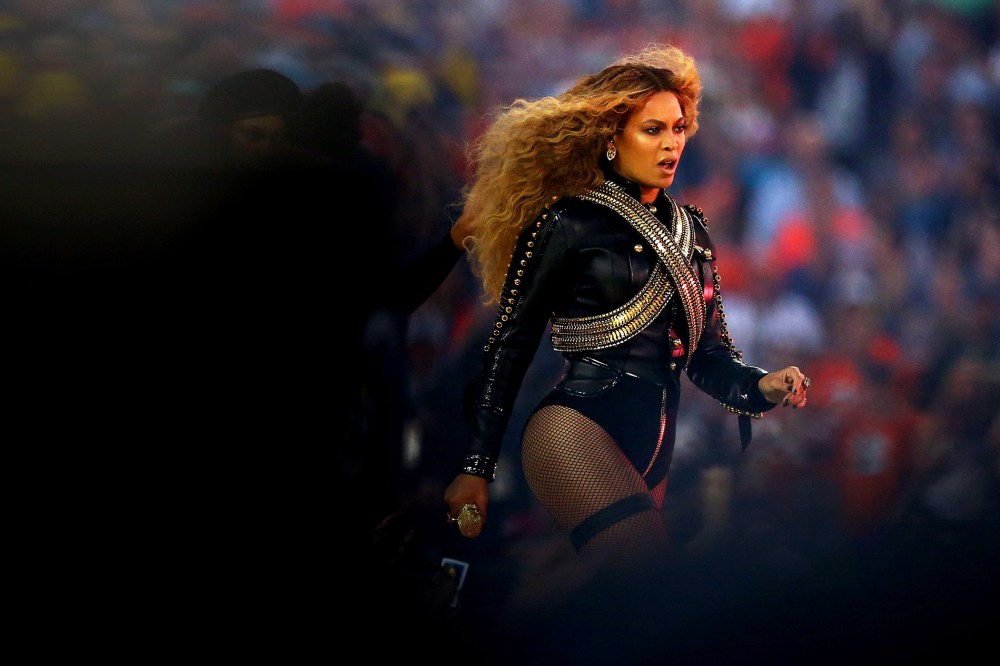On the heels of her controversial “Formation” music video and Super Bowl performance, pop star Beyoncé released yet another provocation this weekend in the form of a full-length visual album, “Lemonade.”
It was perhaps fitting that “Lemonade” should arrive so soon after the death of Prince, an artist who, like Beyoncé, seemed more comfortable making personal statements through their music than traditional sit-down interviews.
For hardcore Beyoncé fans, “Lemonade” is the culmination of what has become an evolving narrative that has spanned just over a decade worth of solo albums. And while there are plenty of lyrical red flags that will have rumor mills buzzing — are the album’s frequent allusions to infidelity about her husband, rapper Jay-Z, or her father and former manager Mathew Knowles? — it may be the album’s politically charged content that has the most staying power.
RELATED: Beyoncé bashing continues; police union leader urges Miami show boycott
With “Lemonade,” Beyoncé has cemented her status as an artist who requires our attention and must be taken seriously. Even if one is not a fan or her music or persona, she has the influence and reach to start national conversations and establish trends. When she stood boldly before the word feminist on stage two years ago at the MTV Video Music Awards, or in this new project when she pointedly appears in a black hoodie, her actions have consequences and speak to broader constituencies than anyone else in music — for better or worse.
Beyoncé's #Lemonade was at once a personal essay, visual album, and documentary: https://t.co/KRrYgnBAdo pic.twitter.com/8nwTA0TrmL
— New York Magazine (@NYMag) April 25, 2016
The “worse” could be accusations of cultural appropriation and anti-police bias, both of which have been levied at the “Single Ladies” singer in the past year. And yet, viewers of “Lemonade” saw no contrition from the star. If anything they saw defiance.
“I like that she doesn’t feel compelled to defend herself from typically stupid speculation,” Ebony magazine columnist Michael Arceneaux told MSNBC on Monday. “I think Beyoncé does a very good at understanding how media and social media work now, but not caving to it.”
The visually astounding vignettes in “Lemonade” — broken up with spoken word poetry performed by Beyoncé but penned by Warsan Shire — continue the unapologetically black and at times rural tableau of “Formation.” The singer also appears with the mothers of Trayvon Martin, Eric Garner and Michael Brown in a poignant reverie.
There were also more subtle nods to the singer’s growing consciousness. Besides the hoodie, Beyoncé samples a legendary Malcolm X speech from 1962 in which he laments the fact that “the most disrespected person in America is the black woman;” she features black female celebrities who have either been publicly shamed for their curvaceous bodies (Serena Williams) or their natural hair (Zendaya, Quvenzhane Wallis and her own daughter Blue Ivy); includes shots of gay and lesbian couples in a song about love; and, in keeping with her pro-women message, she refers to God as “herself” in song.
In one of the album’s most striking visuals — during the rousing, gospel-tinged song “Freedom,” Beyoncé delivers what feels like a sermon to an audience of African-American mothers whose sons have been slain. “Freedom! Freedom! I can’t move/Freedom, cut me loose!/Singin’, freedom! Freedom! Where are you?/Cause I need freedom too!” she sings.











